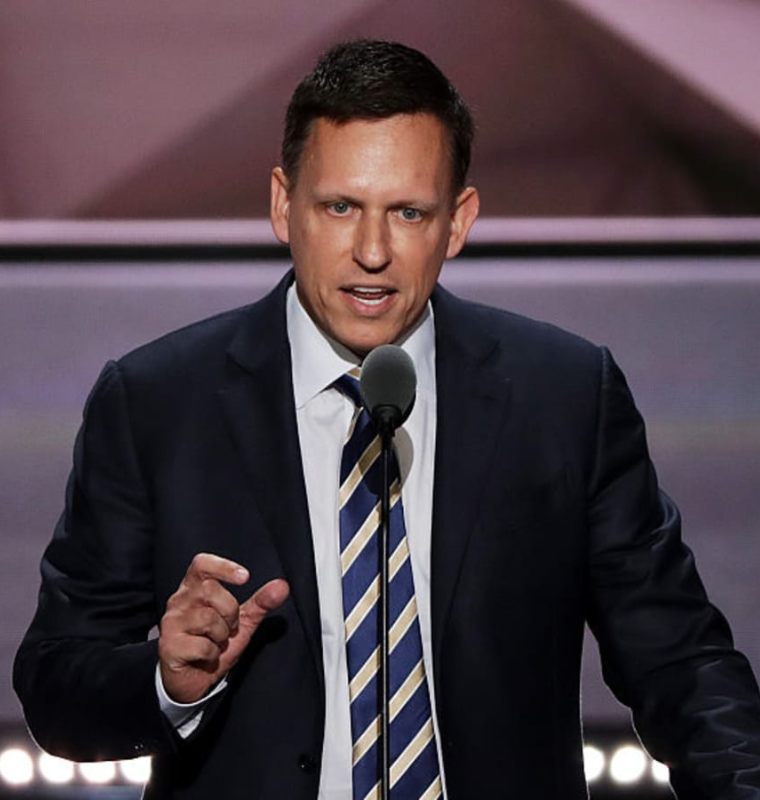France’s New PM Faces Immediate Test as Mass Protests Erupt
By
Leah Rosenfeld
Last updated:
September 11, 2025
First Published:
September 11, 2025

Photo: The Jakarta Post
France’s newly appointed Prime Minister Sébastien Lecornu has been plunged into turmoil just hours after taking office, as a nationwide protest movement disrupts transport, public services, and daily life across the country.
Protests Shake Paris
The grassroots movement “Let’s Block Everything” called on citizens to demonstrate against the government’s handling of the economy and political instability. Paris police reported that at least 75 people had been arrested by Wednesday morning, with images showing scuffles and blockades erupting in the capital.
The protests come on the heels of the resignation of former PM François Bayrou, who lost a confidence vote in the National Assembly after failing to secure support for proposed spending cuts and tax increases in the draft 2026 budget. Lecornu, a longtime Macron ally and former defense minister, is France’s fifth prime minister in less than two years.
A Fragile Government and Fiscal Pressures
Lecornu inherits a minority government struggling to navigate political divisions. Both far-left and far-right parties are calling for snap elections, while centre-left Socialists have openly criticized Macron’s approach, refusing to participate in key reforms.
France’s financial situation adds to the challenge. The national budget deficit is projected at 5.8% of GDP in 2024, while public debt has reached 113% of GDP—well above the EU’s recommended limits of 3% for deficits and 60% for debt. Economists warn that without careful fiscal management, France risks further economic instability.
Market Reactions and Economic Outlook
Financial markets reacted cautiously to Lecornu’s appointment. France’s CAC 40 index opened 0.6% higher Wednesday, while the yield on the 10-year government bond fell slightly to 3.4728%. Investors are closely watching the upcoming review of France’s credit rating by Fitch, expected on Friday, where AA- status could be at risk if the budget and reforms fail to gain traction.
Analysts at Deutsche Bank and Danske Bank note that Lecornu’s immediate focus will be on negotiating approval for the 2026 budget, which includes proposed spending cuts and reforms to pensions and retirement age. Balancing public opposition with investor expectations will be critical to maintaining economic stability.
Challenges Ahead
Lecornu’s tenure begins under intense scrutiny. The public resists cuts to social programs, while markets demand fiscal prudence. The new PM must also navigate a fragmented parliament and manage political unrest, all while preparing for the looming credit rating review.
“The new premier faces a tough balancing act, with immediate pressure on French government bonds and the broader economy,” said Kristoffer Kjær Lomholt, director of FX and rates strategy at Danske Bank. “Success will depend on his ability to negotiate both politically and financially.”
With social discontent on the rise and fiscal constraints looming, France’s economic and political trajectory in the coming months remains uncertain, putting Lecornu’s leadership and reform agenda under immediate pressure.
Popular articles
Subscribe to unlock premium content
Naval Ravikant The Angel Investments That Quietly Made Him a Multimillionaire

Rising From the Rubble Lessons From Billionaires Who Failed 10 Times Before Success

Peter Thiel How His PayPal Ventures Paved the Way for Palantir’s Billion-Dollar Success

Naval Ravikant The Angel Investments That Quietly Made Him a Multimillionaire

Rising From the Rubble Lessons From Billionaires Who Failed 10 Times Before Success

Naval Ravikant The Angel Investments That Quietly Made Him a Multimillionaire









